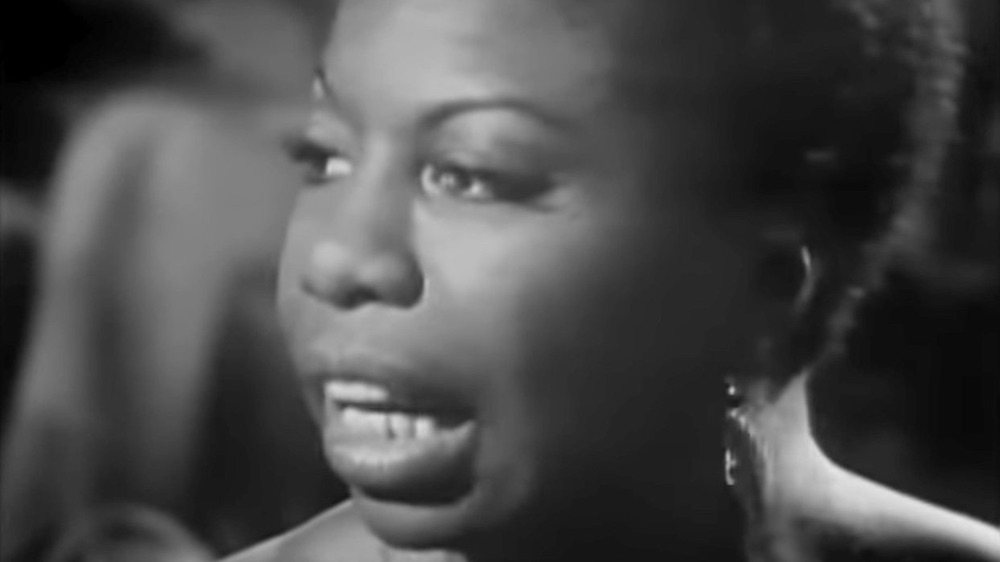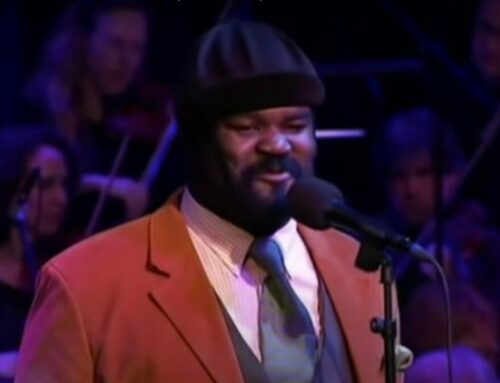Nina Simone once said: “It’s an artist’s duty to reflect the times. How can you be an artist and NOT reflect the times?”
‘How does that refer to me?’ I immediately hear myself thinking. Do I sing about war, hunger or fugitive crises? Do I moan about big dairy, big oil, big pharma? Do I linger on sustainability, inequality, weapon deals?
Uhm… I mostly sing about love. L.O.V.E. In all its appearances. The lack of it. The longing for it. The praising of it. And I vividly believe that we need love. All of us.
It is said that when we meet someone, we ask ourselves 4 critical questions. In the blink of an eye. Subconsciously. If we receive a ‘no’ – we feel increasingly disconnected from any sense of community. Oh, how vulnerable the human condition. It includes me. Oh, yes.
Just gimme the damn 4 questions, I hear YOU think. Well, alright, okay:
- Do you see me?
- Do you care that I’m here?
- Am I enough for you, or do you need me to better in some way?
- Can I tell that I’m special to you by the way that you look at me?
Now. How’s that? Interesting, isn’t it?
Nina Simone (1933 – 2003) certainly did not feel appreciated at times. She was an American singer, songwriter, pianist, arranger and activist in the Civil Rights Movement.
Equally at home in classical, jazz, blues, folk, R&B, gospel and pop, this sixth child of a North Carolina preacher aspired to be a concert pianist and enrolled in the Juilliard School of Music in New York.
Eunice Kathleen Waymon – her real name – however, was denied a scholarship to study at the Curtis Institute of Music in Philadelphia, despite a well-received audition. Waymon believed this was entirely due to racial discrimination.
To make a living, she changed her name to Nina Simone. She needed to disguise herself from family members, having chosen to play ‘the devil’s music’. In Atlantic City, she played ‘cocktail piano’ and was told to sing to her own accompaniment, which effectively launched her career as a jazz vocalist.
With her album Little Girl Blue, she debuted in 1958. On it her biggest hit “My Baby Just Cares For Me”, which was re-released in 1987, after it had featured in a UK commercial for the Chanel No. 5 perfume.
Sadly Simone had sold the rights for the songs in the fifties for a flimsy $3,000 which costed her royalty profits of more than a million dollars. More. Than. A. Million. Dollars.
This can’t be right, guys. I know it’s the way the world works sometimes, but it’s not ethical. Djeez. I say: no artist sells their full rights. Ever again! (It still happens, you know.)
With her live recording, Nina Simone in Concert, for Philips in 1964, she openly addressed the racial inequality that was prevalent in the US with the song “Mississippi Goddam.”
A haunting and striking song, that, in her own words, hurt her career. She claimed that the music industry reprimanded her by boycotting her records.
Still, Simone is regarded as one of the most influential recording artists of the 20th century. With a career that was characterized by fits of outrage and improvisational genius. Rolling Stone wrote that ‘her honey-coated, slightly adenoidal cry was one of the most affecting voices of the civil rights movement while making note of her ability to ‘belt barroom blues, croon cabaret and explore jazz – sometimes all on a single record.’
Simone possessed a magnificent intensity, that turns everything, even the most simple, mundane phrase or lyric – into a radiant, poetic message, says Creed Taylor, who wrote the liner notes for Simone’s 1978 Baltimore album.
And there you have it, I’d say. Magnificent Intensity.
So, how to sing with soul? With conviction? For me, it comes down to one single question you ask yourself before you sing your song.
Three letters.
WHY?
Why did you choose that song?
What message are you trying to get across?
What would you like to share?
Once you’ve found your WHY, you will hit more solid ground. You will have found the intention of the song. And you will sing with (even) more conviction. This goes for protest songs, but also for love songs, in my humble opinion.
Maybe you will reach the point in which you’ll sing with that glorious, triumphant and beaming intensity. Nina Simone would have loved that.
With love,
Ilse Huizinga
My album tip for you:
Little Girl Blue, 1958, Bethlehem
Nina Simone on Wikipedia:






